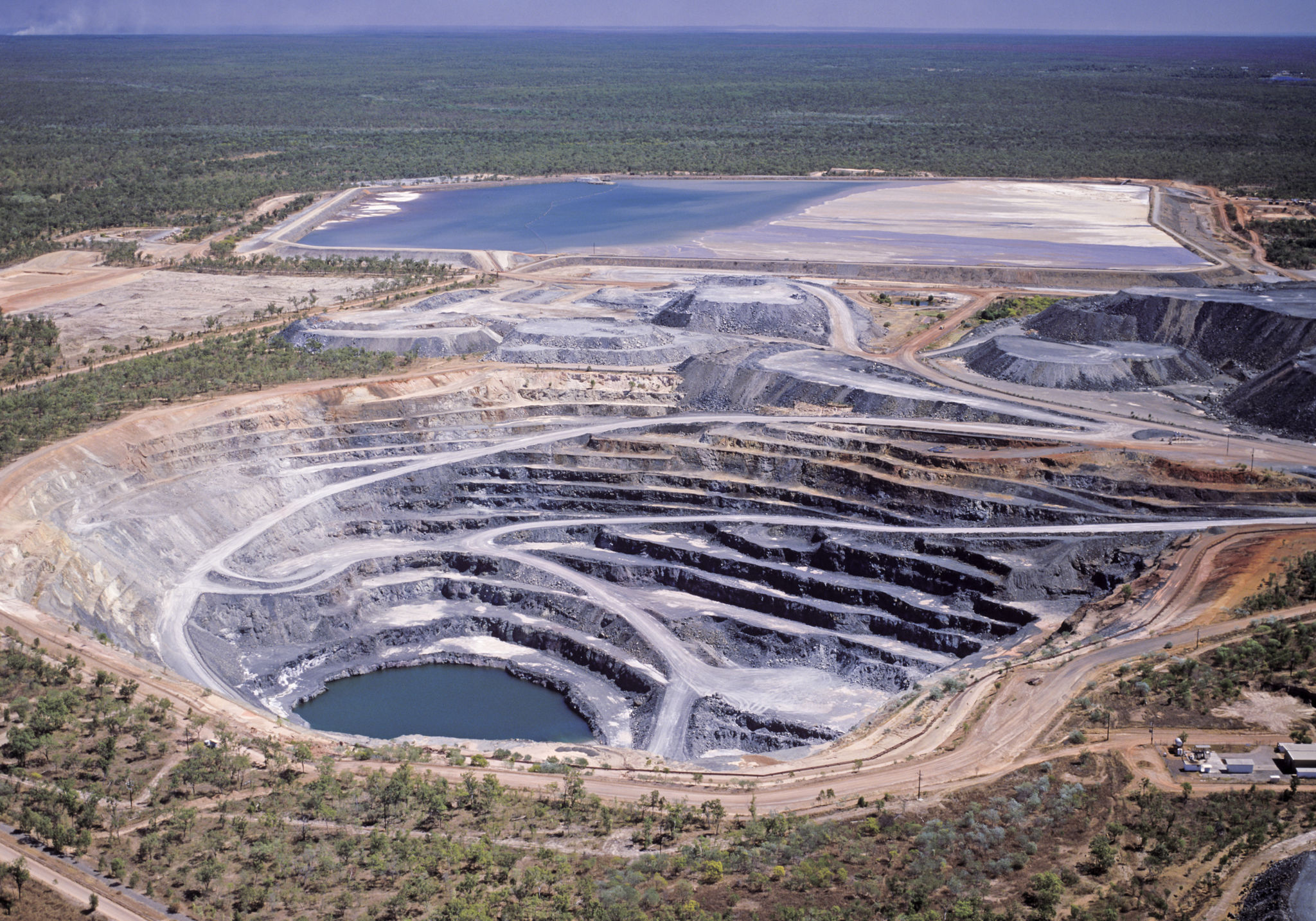Understanding Uranium Deposits in Zambia: Opportunities and Challenges
Introduction to Uranium Deposits in Zambia
Zambia, a country rich in mineral resources, is recognized for its significant uranium deposits. These deposits present both opportunities and challenges for the nation. Understanding the nature and potential of these deposits can help in harnessing their benefits while navigating associated risks.
The uranium deposits in Zambia are primarily found in the southern and northwestern regions. These areas are geologically favorable, offering fertile ground for uranium exploration and mining. The presence of uranium could provide Zambia with a new avenue for economic growth, diversifying its mining sector beyond the traditional focus on copper.

Opportunities Presented by Uranium Mining
Uranium mining in Zambia presents several opportunities. Firstly, it has the potential to significantly boost the country's economy. The export of uranium can generate substantial revenue, which can be channeled into development projects, infrastructure, and public services.
Moreover, uranium mining can create employment opportunities. As new mines are developed, there will be a demand for both skilled and unskilled labor. This could lead to job creation in local communities, contributing to poverty alleviation and economic stability.
Challenges in Uranium Mining
Despite its potential, uranium mining poses several challenges. One of the primary concerns is the environmental impact. The extraction and processing of uranium can lead to soil and water contamination if not managed properly. Ensuring that mining practices adhere to environmental regulations is crucial to minimizing these risks.

Another challenge is the health and safety of workers. Mining operations must implement stringent safety measures to protect workers from radiation exposure. This requires investment in proper training and equipment, which can be costly for mining companies.
Regulatory and Policy Challenges
The regulatory framework governing uranium mining in Zambia is still evolving. Establishing clear policies and regulations is essential to ensure that mining activities are conducted responsibly and sustainably. This includes setting standards for environmental protection, worker safety, and community engagement.

Community Engagement and Social Responsibility
Community engagement is a critical aspect of successful uranium mining operations. Mining companies must work closely with local communities to ensure that their needs and concerns are addressed. This includes involving them in decision-making processes and providing benefits such as infrastructure development and social programs.
Furthermore, companies must demonstrate social responsibility by contributing to the overall well-being of the communities they operate in. This can help build trust and foster positive relationships between the mining industry and local populations.
Conclusion
Understanding uranium deposits in Zambia involves recognizing both the opportunities and challenges they present. While uranium mining holds the promise of economic growth and job creation, it also requires careful management of environmental and social impacts. By addressing these challenges through effective regulation, community engagement, and sustainable practices, Zambia can harness the benefits of its uranium resources responsibly.
